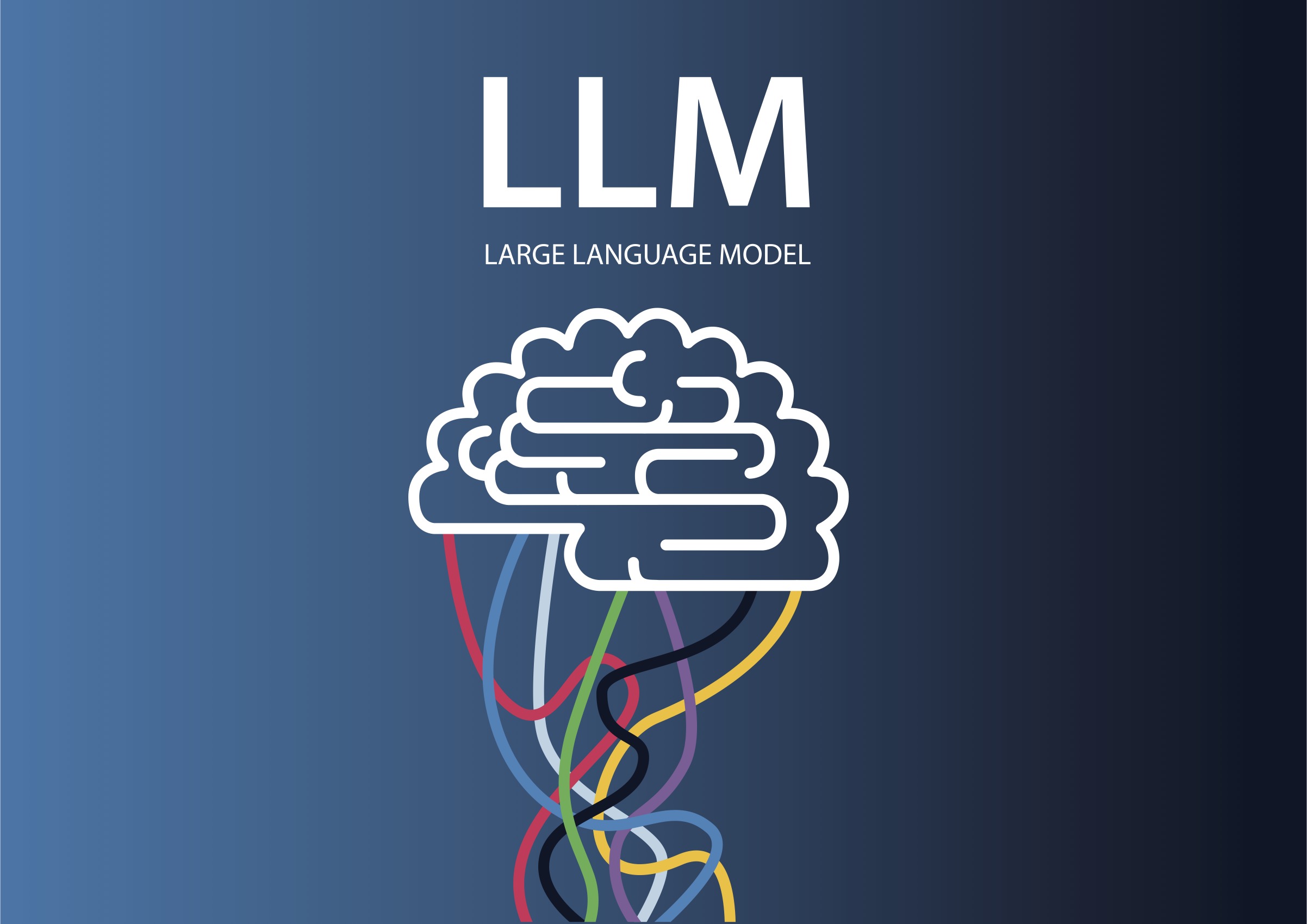Investment institutions now allocate an average of 7% of their portfolios to digital assets, with projections indicating a rise to 16% within three years. Digital cash and tokenised equities or fixed income dominate, each comprising about 1% of portfolios.
Asset managers show greater exposure than asset owners, particularly in Bitcoin and Ethereum, with some even investing in smaller cryptocurrencies and NFTs.
Asset managers lead in adopting tokenised assets, holding 6% in public asset tokenisation and 5% in private assets, compared to just 1% and 2% for asset owners. Digital cash also sees higher adoption among managers at 7% versus 2% for owners.
Despite this, cryptocurrencies like Bitcoin and Ethereum drive the majority of returns, with 27% and 21% of respondents citing them as top performers, respectively.
Looking ahead, private assets are expected to lead the tokenisation trend, with most institutions anticipating digital assets will become mainstream within a decade. By 2030, over half of respondents expect 10-24% of investments in digital assets or tokenised instruments, showing cautious optimism.
Would you like to learn more about AI, tech and digital diplomacy? If so, ask our Diplo chatbot!










